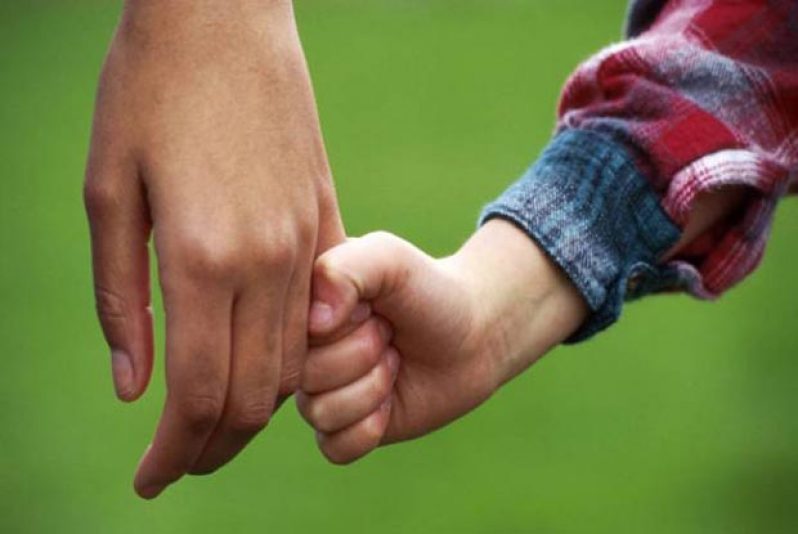IN 2014 the Child Care and Protection Agency (CPA) focused primarily on increasing inter-professional collaboration with other agencies for the provision of services for vulnerable children to reduce the number of those in need of alternative care.
The agency also focused on providing family assistance to achieve their objectives.
STATE CARE
However, the demand for out-of-home-care for children continued to increase due to child abuse and neglect. This resulted in approximately 520 children being recipients of State care – children being provided with alternative care options by the State, though the separation of children from their biological families was done as a last resort, according to an annual report.
PARTNERSHIP
The CPA forged partnerships with Child Link and Forward Guyana for “The One Stop,” a child-focused, facility-based programme in which representatives from key child welfare and protection stakeholders, including the police and the NGOs work together to conduct forensic interviews regarding reported child sexual abuse and exploitation cases.
The operation was able to provide care for approximately 50 sexual abuse cases and the agency further plans to have centers operating in Regions 3, 6, and 10.
Collaboration work is ongoing with NGOs for the establishment of the other centres through further partnerships with NGOs and local groups for responses to vulnerable children.
Additionally, 20 children were unified with their biological parents as a result of the CPA’s partnership with ChildLink in providing training, to the parents and families from whom the children were temporarily removed as part of the Parental Skills Development Programme.
RESPONSE AND ASSISTANCE
As the agency continued to operate its 24-hour hot line service, it aided their response to 2,181 child abuse reports, by September. The agency placed 262 children in alternative care arrangements, providing safe places and recovery for victims is still the bulk of the work of the agency.
The CPA was not only able to prevent the separation of 1,448 children from their families but provided parental education and training to 3,153 vulnerable families, enabling children to remain with their biological families.
FOSTER CARE AND ADOPTION
The agency which currently has 203 children in their foster care programme, faced many ethical issues concerning decisions to return children to their biological families. While parents made changes to their lifestyles which caused the vulnerability of children and warranted their removal, subsequent return of their children to purportedly better circumstances were short-lived as the changes made did not appear to be lasting and the children may well become vulnerable again.
FOSTER PARENTS
CPA additionally completed training for 45 new foster parents and 126 long standing foster parents in the communities of Linden, Georgetown, East and West Coast Berbice.
Children who were in foster care but were soon to ‘age out’, attaining the age of majority without family linkage, were given opportunity to acquire employable skills and other special training for independent living.
Three children graduated from the Culture Ministry’s Youth Entrepreneur Skilled Programme, three are currently in training at the Kuru Kuru Training College, one child was accepted into the Guyana Industrial Training Centre, two children have completed the USAID SKYE Programme in Georgetown and East Coast, while one child is currently attending the programme in the Region 3 community.
In terms of adoption, the CPA received a total of 153 applications for children and 121 were presented to the Adoption Board for approval with five cases being denied and one pending.
During 2014, there was also ongoing training for staffers in the agency, particularly for frontline workers for the development of a competent core of professional workers. During the year the professional officers were exposed to training in various identifiable areas.
Much attention was also paid to the staffing of the three State Care Centres in terms of quantity and quality. A special training programme with the assistance of an external facilitator was conducted. This programme looked at the mental health status of staff by conducting an assessment of their competence through an exercise called, “Belief in Personal Control Skills” (BIPCS).
The capacity-building exercise led to the selection of eight caregivers to undergo personalised training to improve their basic skills and to build on areas highlighted in the competence assessment.
The CPA in 2014 continued to work to fulfill its mandate to provide protective services for all vulnerable and at risk children, the report concluded.
(By Raveena Mangal)












